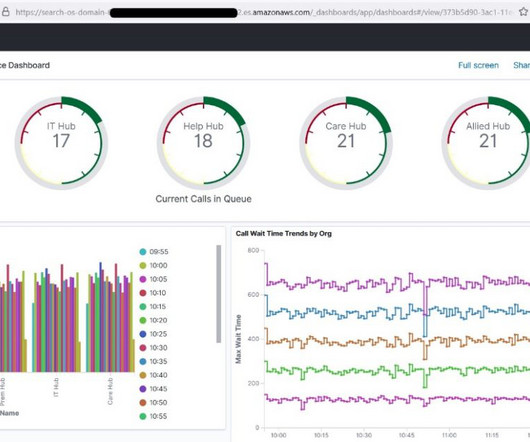A history of tech adaptation for today’s changing business needs
CIO Business Intelligence
JANUARY 17, 2024
The company has been on a continuous journey to adapt its internal and external processes to new business needs and opportunities since 2001.” Following this, in 2002, it began delivering its knowledge to customers in online format, using dashboards and interactive reports that provided easier and faster access to data and analysis.














Let's personalize your content